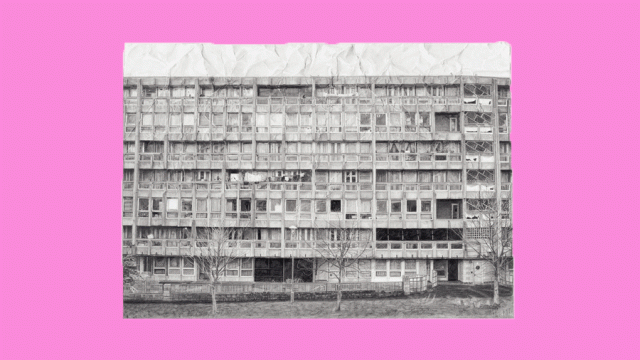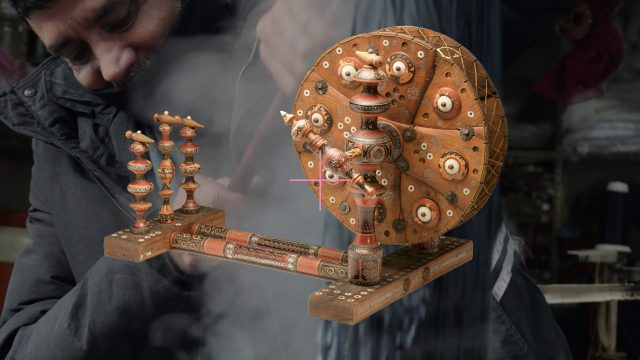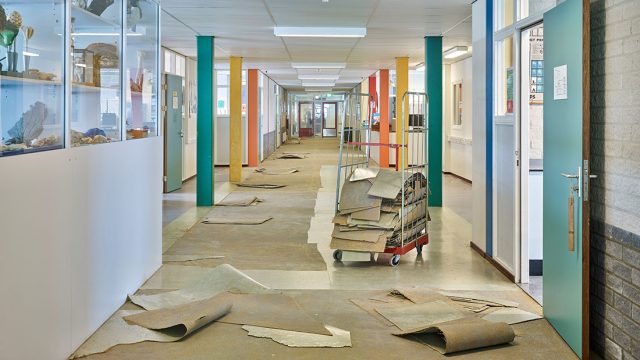For its 2020 edition, the London Festival of Architecture – the world’s largest annual architecture festival, of which the V&A is the cultural hub – has gone digital. As part of this virtual programme, the organisers invited 30 of London’s architects, designers, developers, writers, curators, policymakers and educators to nominate an object on this year’s theme of ‘power and architecture’ and to share a short video on their selection.
For my contribution to the 30 Objects in 30 Days project, which runs from 1 – 30 June, I chose Langlands and Bell’s ‘The Past is Never Dead…’, a new body of work that examines the 50 ‘Slave Forts’ that were built by European traders along the Ghanaian ‘Gold Coast’, and through which many of the almost 13 million enslaved Africans passed as they were sold and shipped to the New World. They bear witness to a disturbing shared history between West Africa, Europe and the Americas that the artists describe as subject to a ‘wilful amnesia … forgotten especially (conveniently) in Europe’.
Last year I visited many of these charged sites, with their airless dungeons into which thousands of slaves were once crammed. And, in March, just before lockdown, I was invited to Untitled, Langlands and Bell’s Kent studio, to preview the series that had been inspired by the 18 months the artist duo spent documenting and assembling ground plans of the 20 castles that remain in Ghana, strategic, fortified structures that represent ruthless exploitation and power
Ben Langlands and Nikki Bell are based in London and have been collaborating since 1978. Their work, in the artists’ description, ‘explores the complex web of relationships linking people and architecture and the coded systems of communications and exchange we use to negotiate a fast changing technological world’. ‘The Past is Never Dead…’ will be shown at Gallery 1957 in Accra, Ghana (dates to be announced).


